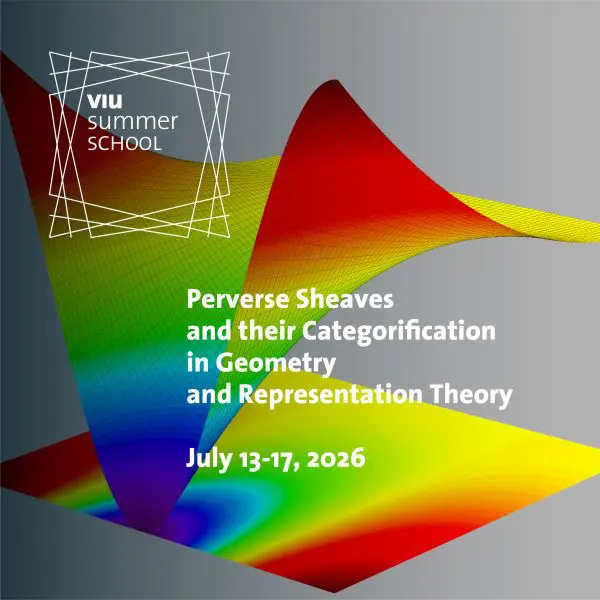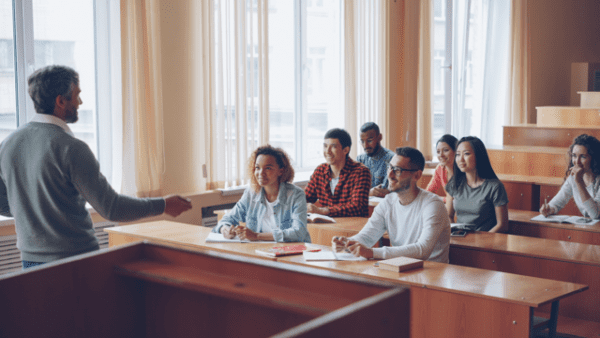
Venice, Italy
Perverse Sheaves and their Categorification in Geometry and Representation Theory
When:
13 July - 17 July 2026
Credits:
2 EC
Read more
Educational Sciences
When:
05 July - 10 July 2020
School:
Institution:
-
City:
Country:
Language:
English
Credits:
0 EC

Greek Cultural Institute and School Life and Education Museum, organizations with vast experience in Museum education and educational programs, have designed this innovative 6-day course aiming at empowering participants with theoretical knowledge and practical skills that will enable them to exploit the potential provide Museums and Cultural spaces for dynamic learning. The participants will discover innovative strategies which activate students and through the various field trip activities, they will practice concrete non-formal activities that will be able to apply them immediately after the end of the course. At European level, the tendency to use non-typical forms of learning in formal and traditional learning environments is becoming more dynamic and increasing. Museums are representative of the use of flexible forms of non-formal learning such as learning by doing, hands-on activities, outdoor activities, interactive and multi-sensory approaches that can help teachers and curriculum developers to reach curricular objectives quickly, effectively and playfully.
There is also the option to extend the course to 7 days.
The course is implemented by experienced and specialized educators.
Thanos Fourgatsiotis
• Teachers of primary schools, secondary schools, vocational schools and organizations.
• Adult education teachers.
• Teachers of special needs.
• Teacher trainers.
• Careers officers, educational guides and counsellors.
• Headmasters/principals/managers of schools and organizations offering adult education or vocational education and organizations.
• Non-governmental organization staff.
• Public Servants, Policy Makers.
At the end of the course the participants will:
• Understand the principles of non-formal learning and non-formal learning programs
• Have acquired the necessary skills to familiarize visitors of a museum with different forms of cultural heritage and art by offering them experiential learning experiences, direct contact with real objects, possibilities of multiple interpretations of exhibits, increasing their interest and flexibility their thinking and the strengthening of museum-school communication
• Be equipped with the necessary knowledge and have acquired the appropriate skills to learn to design, implement and evaluate the same educational programs either in the Museum or in the school
• Be able to make use of visits to museums and cultural sites with the best possible benefit in the educational process
• Have acquired knowledge and skills to help them enrich their teaching practices
• Use the methodology of non-formal learning in their classes and in the formal curriculum.
When:
05 July - 10 July 2020
School:
Institution:
-
Language:
English
Credits:
0 EC

Venice, Italy
When:
13 July - 17 July 2026
Credits:
2 EC
Read more

Zurich, Switzerland
When:
05 July - 24 July 2026
Credits:
6 EC
Read more

Groningen, Netherlands
When:
26 January - 30 January 2026
Credits:
1 EC
Read more